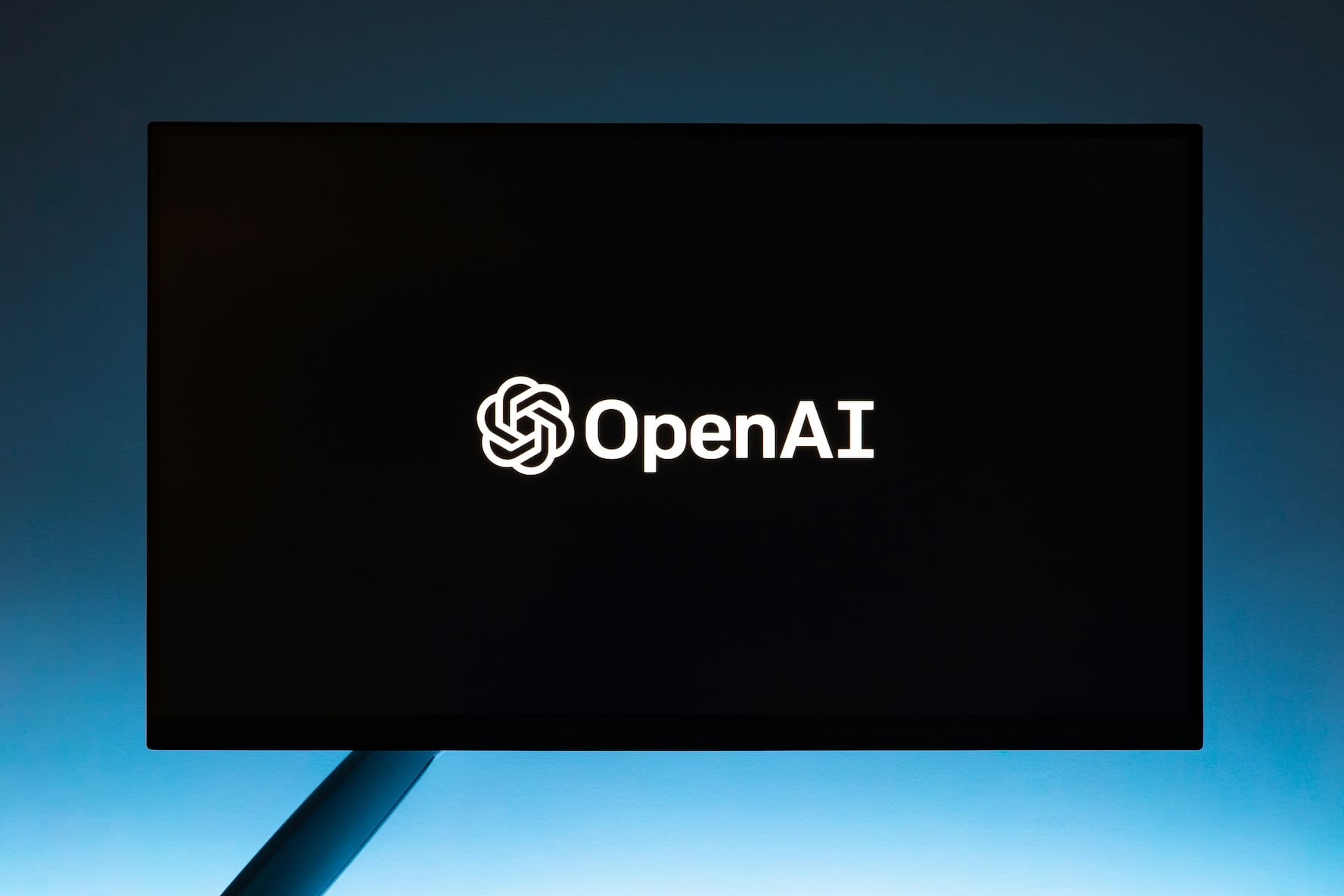Sure! Here’s the translation:
In the past, a massive outage on WhatsApp, X (formerly Twitter), or Instagram was enough to send millions of users flooding social media with memes, messages of frustration, and even conspiracy theories. Downtime for these platforms sparked genuine episodes of collective anxiety: how do I notify my group of friends? How do I follow the thread of a conversation? Where do I share the latest photo? However, 2025 has made it clear that we have jumped to a new era in our digital dependencies: true hysteria now arises when artificial intelligence, especially ChatGPT, stops working.
The global outage of ChatGPT that occurred this Tuesday highlighted how society has shifted its digital anxieties from social media and instant messaging to AI platforms. From early on, thousands of users began reporting errors accessing OpenAI’s chatbot. Specialized forums and social media, traditionally the stage for lamenting outages of WhatsApp or Instagram, were flooded with alarm messages and memes showcasing a new concern: we can no longer live (or work) without our trusted artificial intelligence.
From WhatsApp to ChatGPT: The New Era of Technological Dependency
The collective reaction to the ChatGPT outage not only revealed the magnitude of the AI user base but also marked a profound cultural shift. While before the immediate goal was to restore the connection to send a message or read a story on Instagram, today the true digital urgency is regaining access to the AI tools that assist us daily in work, academic, and creative tasks.
This change is evident even in the hierarchy of digital priorities: while WhatsApp or X remain essential, the inability to interact with AI creates a sense of productive paralysis. Professionals who rely on ChatGPT for coding, journalists who use it for writing, students who seek help studying or translating texts, companies that have automated processes… all were left in suspension. Frustration translated into messages like "Now that ChatGPT is down, what do I do?" "I don’t know how to work without AI," or "Today the AI has left me on read."
OpenAI, at the Center of the Digital Storm
OpenAI was quick to acknowledge the outage, reporting that the issue affected not just ChatGPT, but also its API and Sora, its new video generation model. While engineers worked to restore the service, the digital community tried all the classic solutions: clearing the cache, restarting devices, accessing from mobile… all in vain, until the AI came back to life.
This episode reveals how society has internalized a much deeper dependency on technology, now based on the promise of artificial intelligence as an omnipresent tool. If in 2015 a WhatsApp outage was a reason for national alarm, in 2025 it feels almost anecdotal. The digital anxiety of the new decade is less about communicating with each other and more about accessing that intelligent assistant capable of providing instant answers, solving complex problems, and streamlining our daily lives.
Have We Crossed a Point of No Return?
The ChatGPT case raises a fundamental question: are we prepared for a future where AIs will be as essential—if not more—than any social network or messaging app? What happens when our tool for productivity, creativity, and consultation fails, leaving us literally without a "digital voice"?
Experts in digital sociology warn that the anxiety surrounding the outage of essential services is a natural reflection of accelerated digitalization, but they note that the emergence of AI elevates this phenomenon to a new level. Because if the previous concern was not being able to communicate, today the real worry is losing access to the "artificial brain" we’ve incorporated into nearly every aspect of personal and professional life.
Ultimately, the ChatGPT outage has served as a reminder: we live in a society increasingly dependent on artificial intelligence. If WhatsApp or Instagram go down now, most people barely bat an eye. But if AI fails, collective digital anxiety is assured. The future, more than ever, depends on our favorite AI being on the other side of the chat.
Source: Noticias Inteligencia Artificial
Let me know if you need anything else!

